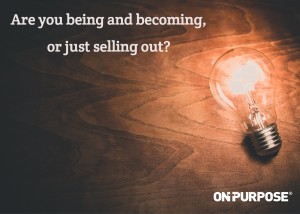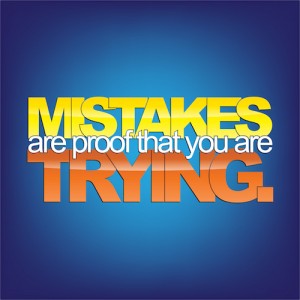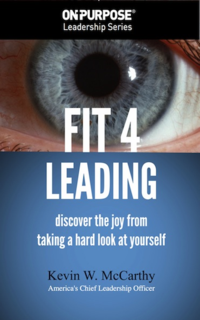Prayer Integrates
Many of us grew up with a compartmentalized view of life. The wisdom of the day went along these lines: “Your personal life is your personal life. Your business life is your business life. Don’t mix the two.”
While there is something to be said for keeping healthy boundaries and focusing appropriately, there is a dangerous downside risk to one’s ethics and behaviors. As we separate our spiritual life from any part of life, we’re dis-integrating.
The cost of being off-purpose in real dollars and human terms is incalculable.
As we advance from the agrarian age to the industrial age to the knowledge age and head into the age of purpose and meaning, integration—not disintegration—is the norm. Central to each individual’s personal life is their spiritual life or faith. If you are inclined to pray in your personal life, perhaps the role of prayer in your business life is a concept you’ve never considered.
Can I Pray for Business and Career Success?
- Pray unceasingly.
- Pray from your spiritual tradition for wise guidance, profitable relationships, and right decisions.
- Pray for your co-workers, clients, team members, vendors, and competitors(!).
- Pray before you go into a meeting or start on a sales call.
Just don’t pray as some sort of prosperity gospel or demand on God. To pray for business success isn’t really prayer. It is a demand and expectation for a result, not a relationship. Placing your agenda ahead of God’s agenda is akin to self-idolatry. It is the arrogance of telling God you know better. Pray, but trust God for the result that is best for your maturity and growth.
Formal and Informal Prayer
There’s formal prayer where you get down on your knees in a praying position clasping your hands together and perhaps using a book of common prayer or a guide. You may be in a service at a house of worship or next to your bed saying your prayers.
There’s also informal prayer. Invite prayer to be a casual part of your everyday walking about. Take one-minute prayer breaks. You’ll be amazed how much dead time opens on your schedule.
- Do you wait for the hot water to come or the bath to fill? Pray.
- Do you wait for a meeting to start? Pray.
- Do you commute to work, drive to appointments, sit at your office desk, etc.? Pray!
Recognize these seemingly empty minutes and redeem the time with a prayer.
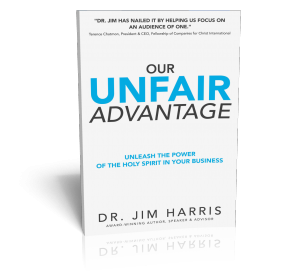
“But Kevin, I don’t know how to pray for my business.” I hear that from time to time. A great resource for you is Our Unfair Advantage, written by my Christian friend and colleague, Dr. Jim Harris. Discover the why, what, how, and importance of getting counsel from your most important “silent partner”—the Holy Spirit.
Pray, Don’t Prey
Don’t, however, prey on people or use your faith as a means to excuse yourself from excellence, rationalize your mistakes, or create personal entitlement.
If integrity is an important value to you, then be sure to hold dear forgiveness as a complementary value. Master the art of being aware of your defensiveness, calming yourself, acknowledging your errors, asking for forgiveness, and giving thanks for the lesson learned.
You’ll become a more authentic and trusted leader when you can admit and right your wrongs within the scope of your control and authority.
This On-Purpose® Business Minute explores the power of being “on the job” and praying for owners and employees alike. What do you think? Is it right to pray for business success?
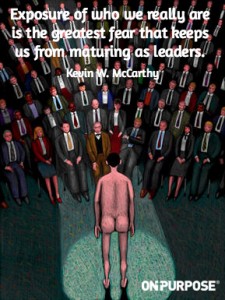 testing ourselves at the next level.
testing ourselves at the next level.
